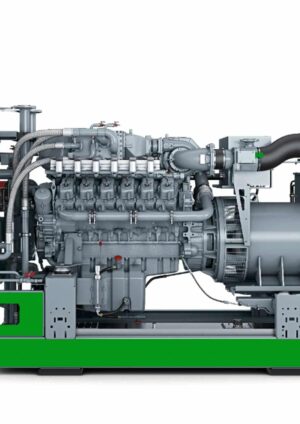Reskilling the sustainability managers of tomorrow
Corporate sustainability is growing in importance, day by day. Businesses are regularly being called out for greenwashing and consumers increasingly want to only associate themselves with companies that take sustainability seriously, so the need for senior leadership teams and the C-suite to consider environmental footprints has substantially grown. But, of course, businesses are struggling. Although 90 per cent of business leaders think sustainability is important, only 60% of companies have a sustainability strategy. With the world already on the road to net zero, some businesses have begun hiring sustainability managers...




